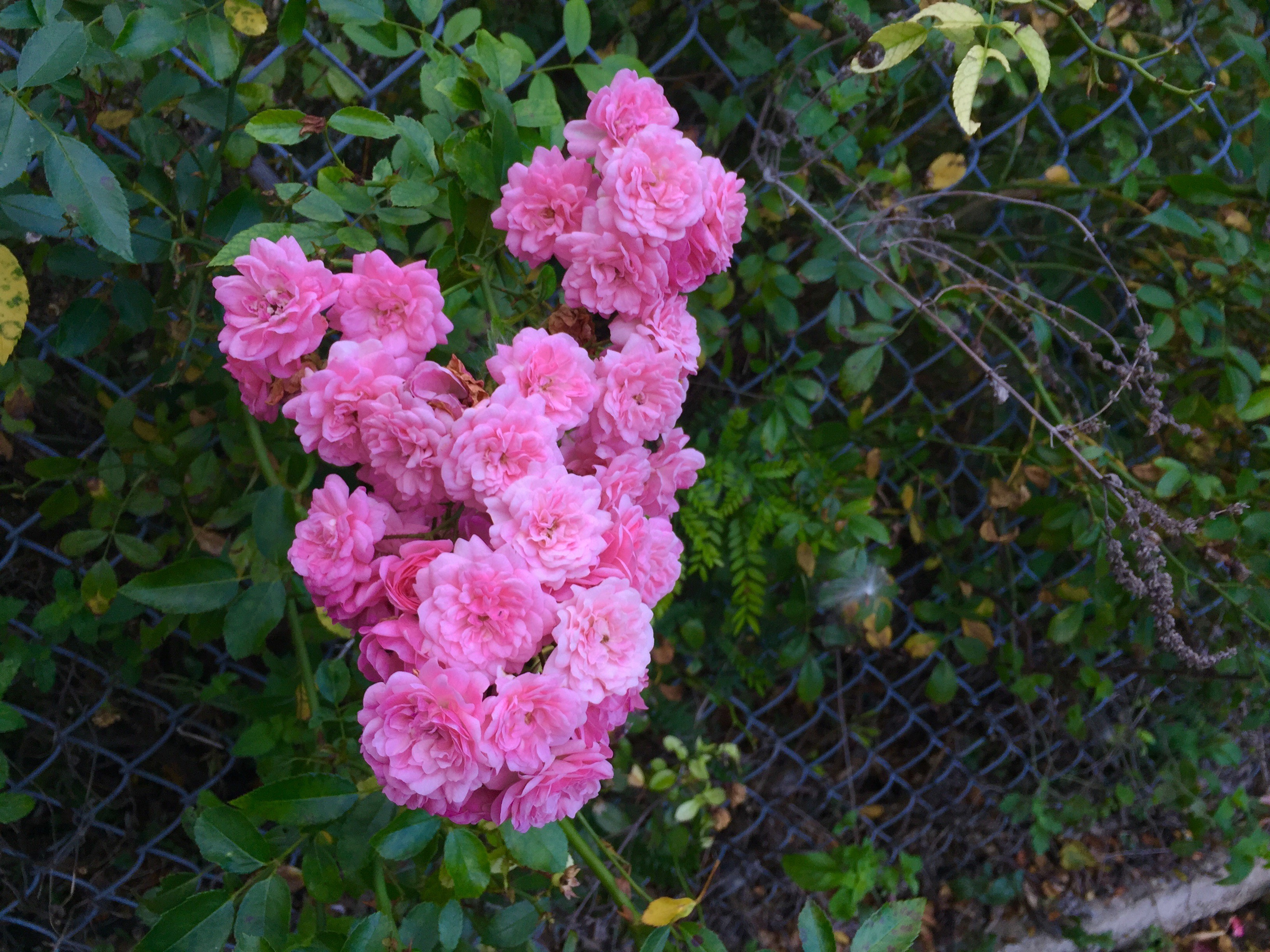October 26, 2016 - 11:45

My grandmother had a garden. Every day she would work on it, piece by piece, rain or shine, and in the spring her backyard would come alive in colorful blooms, lush leaves, and rich, chocolatey brown soil. I would spend hours outside my mother’s childhood home, playing in my own private forest of textures, smells, and colors, while my grandmother and mother watched from the patio. That garden was Norma’s pride and joy, and as complicated and difficult her life was at any given time, the garden never faltered or showed weakness.
Over the summer, my mom and I drove to Saugus, Massachusetts, the town she grew up in, for a trip down memory lane. We found ourselves parked across the street from her childhood home, one neither of us recognized. The house had been painted and renovated; there was a Mercedes parked along the curb. The garden, which, ten years prior, was flourishing with life and the immense love my grandmother put into it, was nothing but a tangle of pale green and brown brush. Rocks nestled themselves into the dry soil, and a mass of dead mums drooped in a hanging pot by the front door, a ghost of falls past. Despite the recent rain, no flowers poked their heads out of the soil except a few sad dandelions and weeds. My mother and I, gazing at our collective past, remembering what the garden once was, found ourselves holding onto each other, crying, while the dark green weeds rustled in the August breeze.
Like Momoko in All Over Creation, my grandmother cannot remember much. She has severe dementia and Parkinson’s Disease, and over ten years ago she was transferred from her house, her garden, to an assisted living, and, eventually, to a nursing home. We bring her flowers and read her stories about gardens, but it can never bring back the beauty that garden once gave her life. We try, but the dim sunlight beside the hospital bed where she sleeps never suffices.
Yesterday, I visited Norris Square with my ESem class. The young people who cared for the gardens around the square, and the upkept, beautiful gardens we visited brought me a sense of peace I had not felt since I learned what Parkinson’s was in fourth grade. The story of how the project began – a group of women who decided to beautify the area to combat the increasing violence and drug trade in Norris Square – reminded me of my grandmother. Her life was never easy, but that garden gave her hope and something to love and care for once her children moved out. Those who initiated this project were, like her, strong women who used their talents to add serenity and beauty to the world they lived in, and despite countless factors, every year, the flowers bloom, the interns give tours, and fruits and vegetables are harvested. This showed me the opposite of what happened to my grandmother’s garden; a forgotten area was given love and time, and was, in turn, given the gifts of life and purpose. This, in a way, made me feel better about my grandmother’s story. While her garden no longer flourishes, Norris Square continues to add beauty and serenity to the world. As the project expands, more areas will be blessed with this prophecy; maybe, one day, so will my grandmother’s garden.
As we were leaving Norris Square, I was drawn to a bright pink flower, growing out of the barbed wire fence that surrounded one of the gardens. Even though it hung out into the street, where children played and cars sped, the flower was immaculate. It stood tall while the late October wind whipped. Out of adversity grew beauty; while all the other plants were dying, this flower stayed alive. This reminded me that beauty will always be out there, as hard as it can be to find. I took a picture of that flower to put in my grandmother’s room; while she may not remember her garden, I never want her to forget how beautiful she helped make the world.

